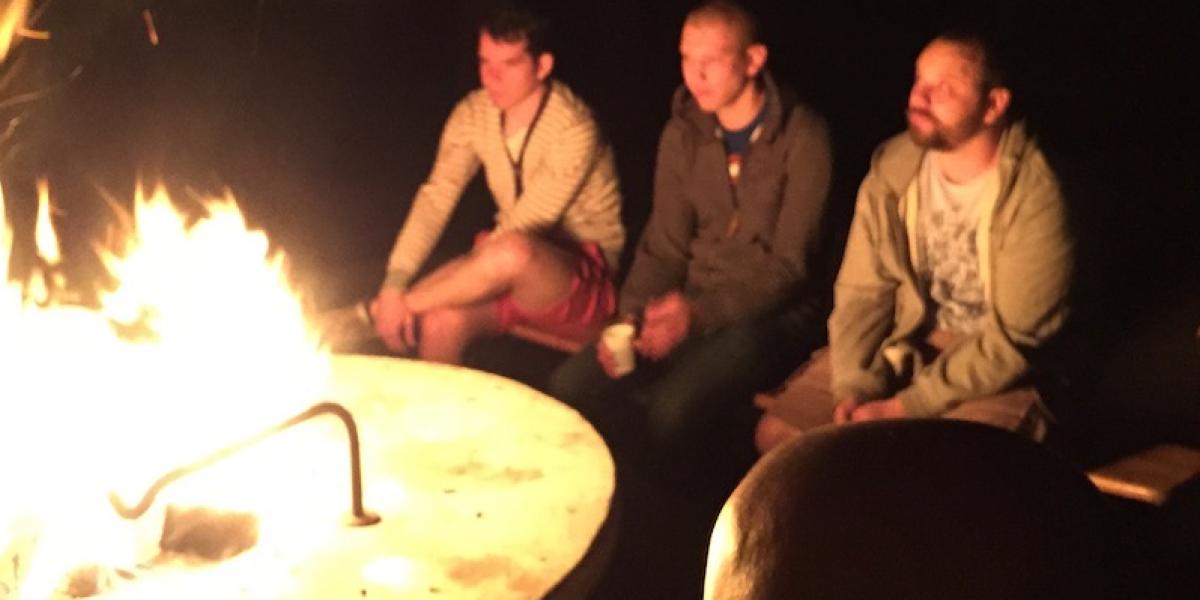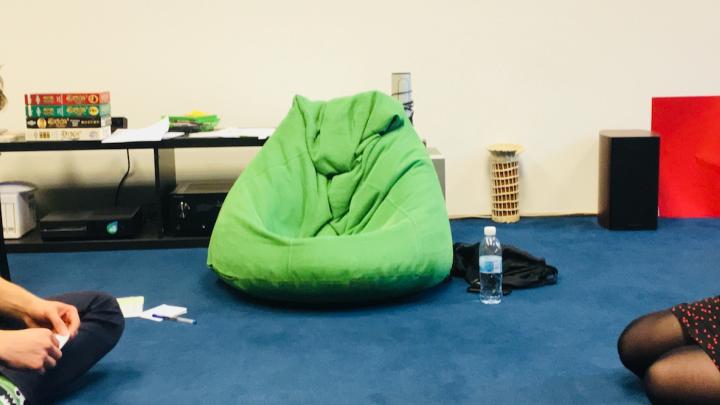
The air could be cut. Both sides told their own stories, but there seemed to be no common ground. My mind was racing, formulating solutions and easing the tension between the parties. One after another, the ideas bled away; there was no room for my cleverness.
I tried to think of ways to solve the problems, to find solutions to the differences between the two sides.
Five years have passed since that experience. Since then, I have repeatedly experienced that the connection damage cannot be repaired by counseling. When two parties' trust in each other is damaged, the common ground for thinking is fragmented, and no amount of advice can resolve an emotional tension in one fell swoop.
I began to learn that if there is emotional tension, you don't have to be desperate to find a solution to the problem. Instead of analysis, having a cigarette break, coffee or lunch together helps more. If you're already disconnected, it's worth getting to the problem and talking to the other person.
Breaks in the connection
In the long run, unresolved problems can make it impossible to connect by making the other person irritated by things that seem small and insignificant. In the life of a community, these symptoms form the fault lines that lead to low-trust collaborations.
Breaches in connectedness can be repaired by attuning to each other. Anything that does not foster empathy is blocked in this process—explaining, philosophizing, bagatelleizing, comparing, over-analyzing, and advising. But even clarification, consolation, sympathy! All of this is not necessary for an empathic connection.
I have witnessed two such processes in recent years. I have tried to get the parties concerned to sit down at the same table and cooperate based on rational arguments, usually to no avail. Nor has it helped when I have tried to represent one side's point of view to the other. And it was particularly destructive when I involved other people in resolving the situation.
The will to help strengthens the helper and weakens the helped
I have now become convinced that it is best not to want to help all the time. Not to want to give advice. Suppose I don't want to provide ideas based on my experience. If I don't bring up similar situations hoping the other person will learn from them. Suppose I do not initiate an understanding conversation where one party can vent.
On the other hand, I can increase the capacity for self-assertion in the community. We can learn how to express our feelings, needs, and requests. Let's make lots of mistakes in these processes to do better next time.
The helping guide
At the dawn of Integral Vision, I set myself the goal of becoming a facilitative, supportive leader. I seized every opportunity to be there in the stalemates, to solve the crises. I was happy to say that I managed to protect an account manager from a critical client today. Today I managed to comfort a demotivated developer, and yes, today, I helped our client with something.
As the years went by, it became clear that if I overdid it in terms of helping, I was more likely to maintain the difficulties in the long run than solve them.
I began to pay attention to the quality of my involvement in the processes. In what role am I doing this now? What is my responsibility in this, and what is the colleague? Do I have a job to do? Am I needed here?
The idea of being a helper leader is now disintegrating. Moreover, I put less energy into promoting strategic issues by constantly looking for these situations. I wasn't paying enough attention to the critical issues.
Boundaries
I strive to draw more explicit boundaries in taking responsibility and only give impetus where someone explicitly asks for it.
I prefer to focus on new opportunities. I look for what makes us better and our daily work valuable. I accept that there will be difficulties that seem insurmountable from retro to retro and that I can't fix someone's bad mood.
I find it challenging to make this transition, but I feel better, making everything a little easier.
Share with your friends!


